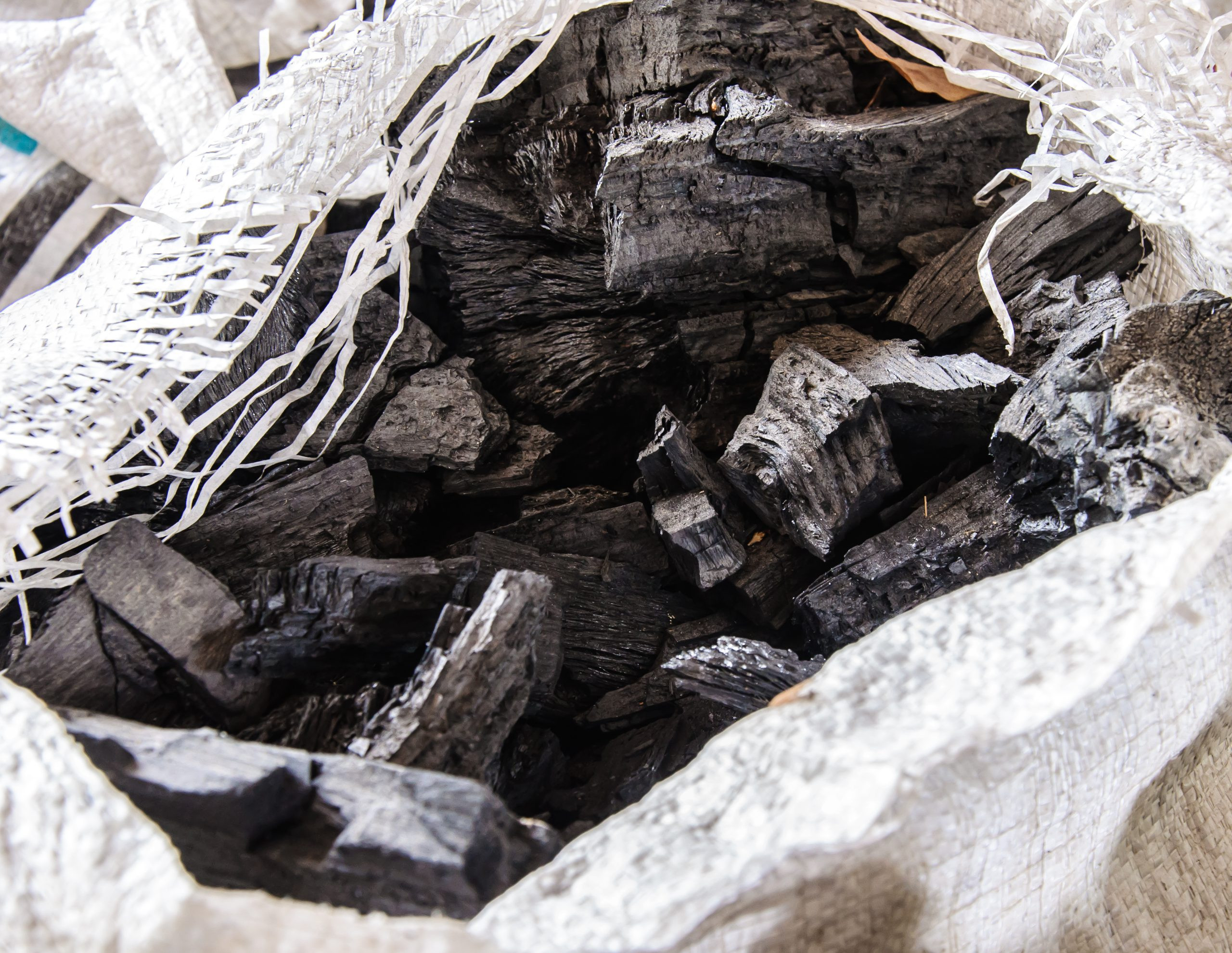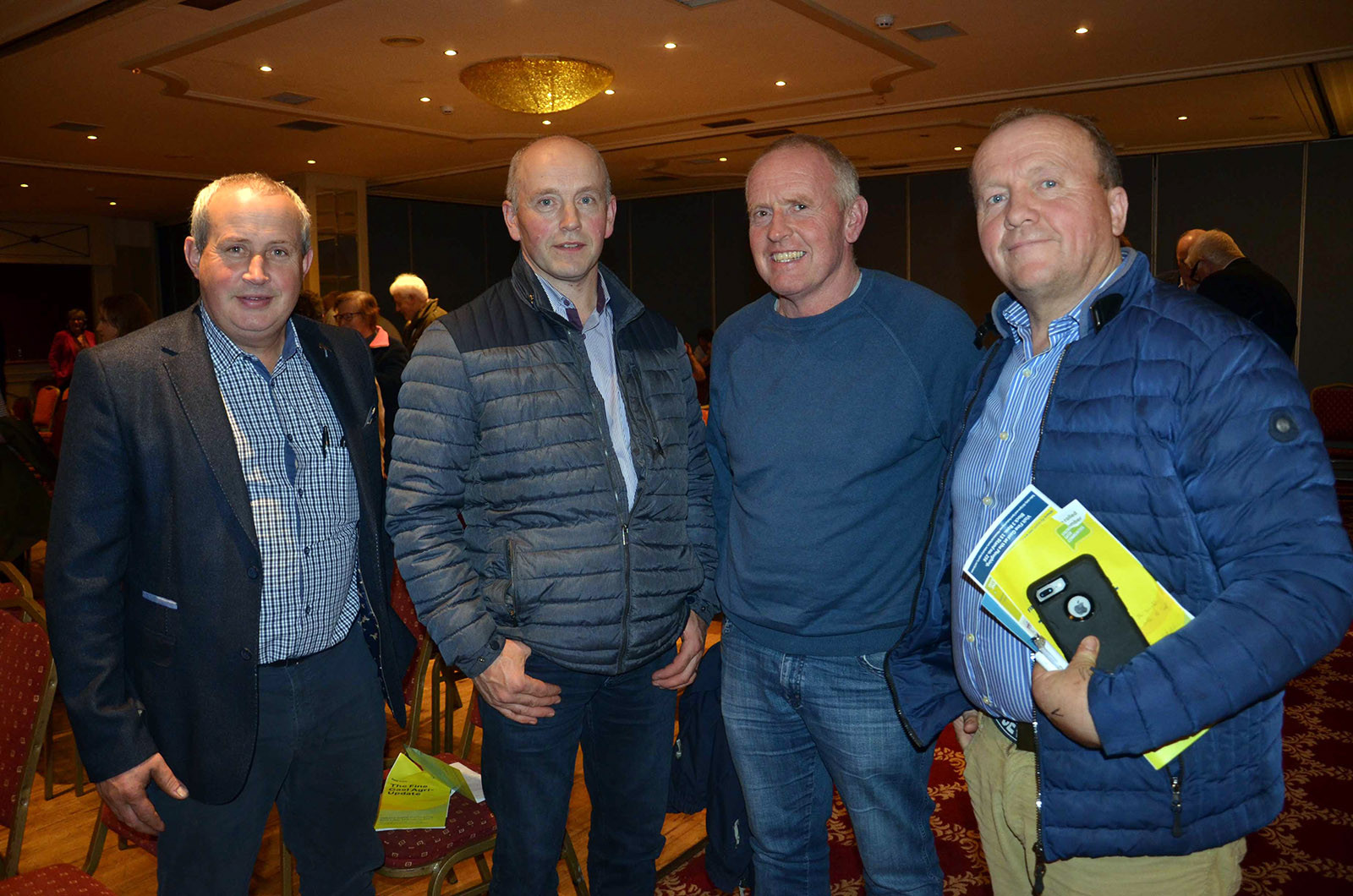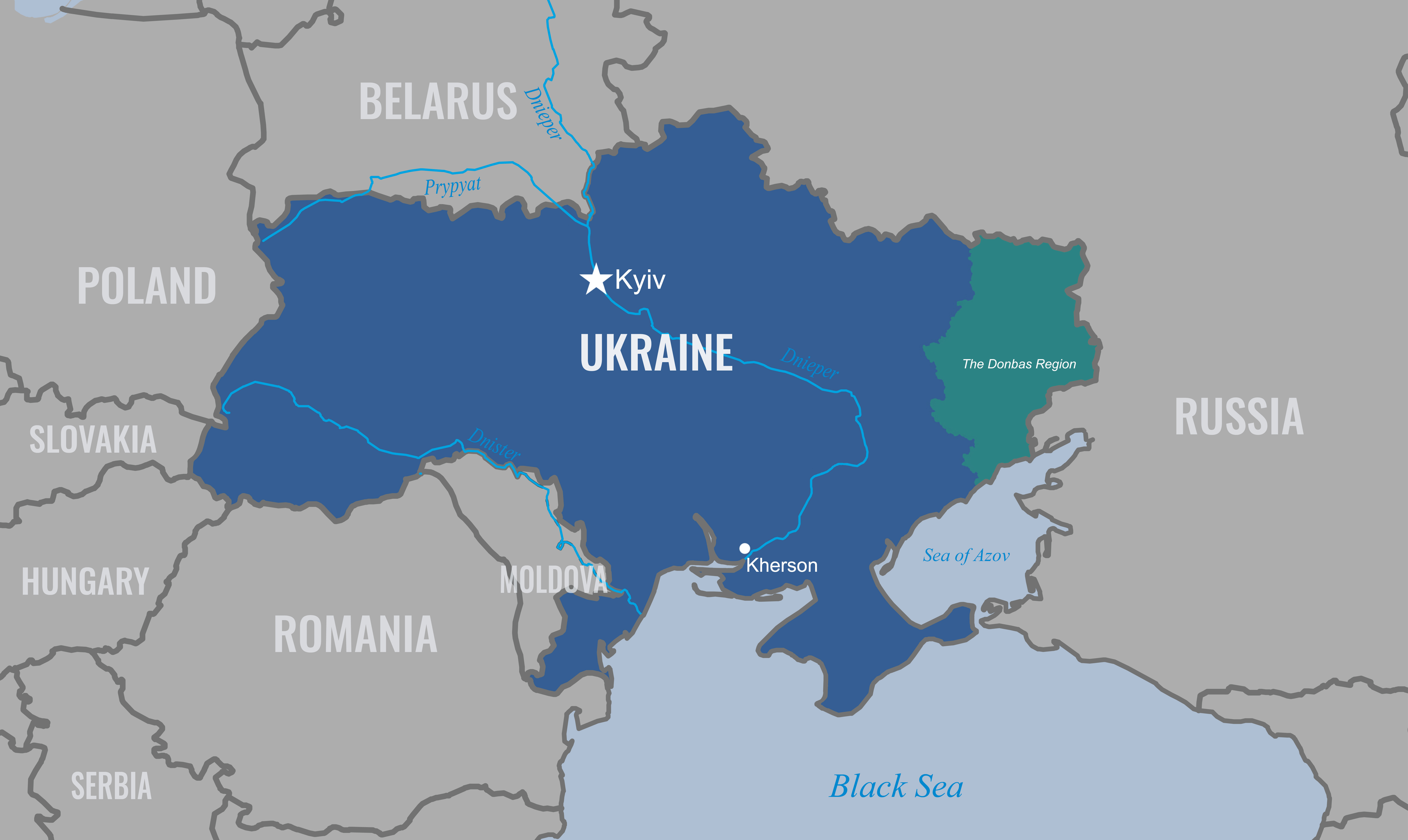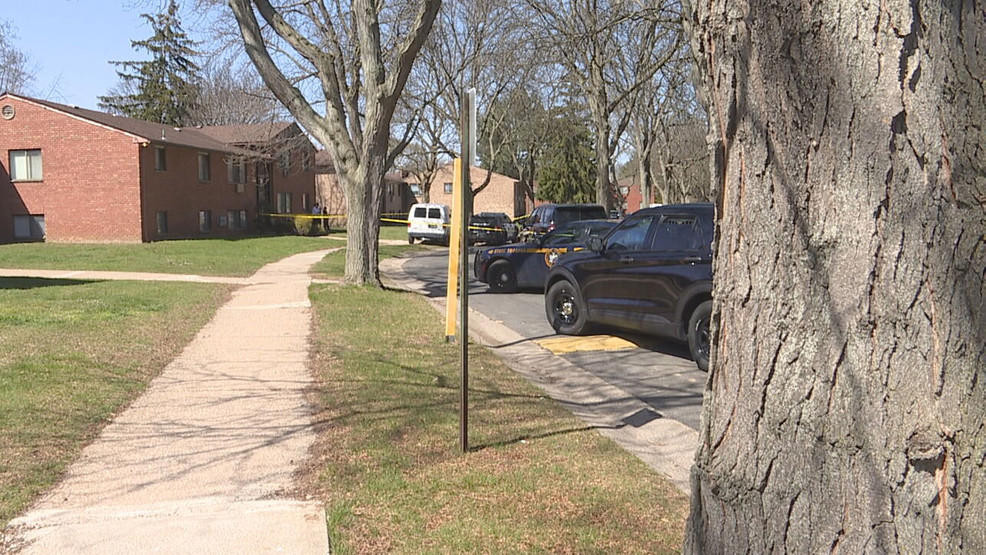Fine Gael, a key partner in the coalition government, has proposed doubling the stamp duty on investment funds that buy ten or more homes within a year. This move, championed by Junior Minister for Finance Neale Richmond, aims to discourage large-scale acquisitions of homes by so-called 'vulture funds' and potentially free up more homes for Irish buyers.
The proposed increase, from 10 per cent to 20 per cent, goes beyond a similar proposal by Sinn Féin earlier this year to raise the rate to 17 per cent. This development has sparked a political debate and could potentially create friction within the coalition.
Government Response and Political Maneuvering
The Irish government has not yet committed to doubling the tax, but Housing Minister Darragh O'Brien has indicated openness to reviewing the current stamp duty rate. He emphasized that the final decision would be made collectively by the government, suggesting that a consensus is yet to be reached.
Meanwhile, Fianna Fáil, another key coalition partner, has expressed reservations about the proposed increase. They have highlighted concerns about the potential impact on company balance sheets and capital inflows into Ireland. However, a source within the party indicated that they would not oppose the move.
The 'Vulture Fund' Controversy
The practice of institutional investors, often labeled as 'vulture funds,' buying up entire housing estates and then renting them out has drawn significant public criticism. The government initially introduced a 10 per cent stamp duty in May 2021 to curb this practice.
However, bulk purchases have persisted, prompting questions about the effectiveness of the current measure. This has led to calls for a stricter approach, with Fine Gael now advocating for a more substantial tax increase.
Election Year Politics
The proposed increase in stamp duty comes ahead of the upcoming general election in Ireland, adding an element of political maneuvering to the discussion.
Fine Gael's proposal is seen as an attempt to position themselves as more proactive on housing issues than their coalition partners. Some observers have suggested that this move is aimed at attracting voters concerned about the rising cost of living and the availability of affordable housing.
A Looming Budget Decision
The Irish government is expected to announce its annual budget in October. The proposed stamp duty increase will be a key topic of discussion, and a final decision will likely hinge on the government's ability to reach a consensus.
This decision will have significant implications for the housing market in Ireland, impacting both institutional investors and potential homebuyers. As the debate intensifies, it remains to be seen whether the government will take decisive action to address the housing crisis or succumb to political pressure.
The Future of Housing in Ireland
The current debate over stamp duty on bulk purchases highlights the complex challenges facing Ireland's housing market. While the government seeks to address the housing crisis, political maneuvering and differing viewpoints among coalition partners could complicate efforts to enact meaningful change.
The ultimate outcome of the stamp duty debate will have a significant impact on the affordability of housing in Ireland. If the government opts for a more stringent approach, it could potentially deter large-scale purchases by investment funds, potentially freeing up more homes for Irish buyers. However, any decision must be carefully considered to ensure that it does not have unintended consequences for the wider economy.


















